10-10-21
We have lost friends, some by death, loss of our mobile phones or political disagreements, and others through their inability to cross the generation gap to look for the joy of making older or younger friends.
Alex Fong(方力申) and Owen Chan(陳尚來) are celebrated TV sportscasters of games and events, and the former was born in the 80s and the latter was raised in the 60s. Despite the age difference, they are good friends and a rainbow in each other’s cloud. Alex was a record-breaking swimmer in Hong Kong and is now a famous singer and actor. Owen graduated from The Chinese University of Hong Kong and was once a part-time lifeguard. He is one of the most influential sporting-event organizers in Hong Kong.
Owen told me the 3 common kinds of sportscasters, “The first kind is ‘play-by-play commentator’. He plainly describes each play of a fast-moving sporting event. He is calm, mechanical and accurate. His voice has a vocal timbre that is pleasant to hear over the multiple hours of a sports broadcast. The 2nd style is ‘emotional commentator’. He grasps the right feel and tone of a sporting event and builds up an exciting emotional connection to the viewers. He uses expressive diction and creative descriptions.”
Owen took another sip of his tea, “The third category may be called ‘relationship commentator’. They are socially active and well-connected in the sporting circle. These socially apt announcers are usually entertaining to listen to as they can tell the insider stories and personal tittle-tattles of sportsmen.”
Alex cut in, “My ideal kind of commentator that I am learning to be is one who is factual, direct, knowledgeable and friendly. In particular, he must understand and care about the feelings of athletes in a competition. When I interviewed an athlete who was defeated in a game, I would never be long-winded. I would struggle to find the most supportive words to say. I believe that luck does not go away and we can walk beside it again.”
I asked both, “How would you describe the style of sportscasters in Hong Kong?” Alex said, “Very flexible and quick minded.” Owen put on a professional voice, “Hardworking and hardworking!” He continued, “Resources here are not enough especially for overseas broadcasting. We have to assume all roles: a planner, researcher, coordinator, problem-solver and ultimately an announcer. I saw Alex, as a well-known star, willing to stay in low-grade hotels with the filming crew and even carried very heavy shooting equipment for others. Alex is flexible and has team spirit.” Alex, with a funny grimace, said, “I always keep lots of souvenirs for exchange with the overseas working people during sportscasting in other countries and they usually return kind helps to me. The word that I use is ‘fighting’. We have to fight for access to certain stadiums. We have to fight with the information officer for longer interview time on a winning athlete. Fighting for help from others is very important for a commentator.”
Owen became serious again, “3 skills are essential for a sports commentator. You must have good knowledge about the different kinds of sporting games. Most sporting events are live TV broadcasts and so a sportscaster must be quick-minded. He must do and say the right things instantly and at the same time! Athletes may have accidents, events may be cancelled, transmission may go off the air and interviews may be interrupted. We must react quickly and sensibly. Lastly, we must acquire adaptive voice and style in different circumstances, such as being gentle in the TV studio, powerful when on stage and cheerful on the stands of sports venues.”
Alex emphasized, “Professional commentators should not be too commercial like being gossipy or trying to offend an interviewee to get juicy news. But, on the other hand, I disagree that it is unprofessional for athletes to cross to the commercial side of the tracks. Do not forget that when an athlete is no longer winning or famous, all his efforts will go up in smoke. I do think a sportsman can use commercial ways to promote himself or advertise directly and indirectly for commercial products and services. Sports in Hong Kong do need more money to groom and sustain new blood.” He paused, “When we interview sports competitors, common questions are put forward on topics like his preparation and readiness for the game. They can be boring ones. When asking, it is not about what you ask but how you can put the questions nicely to elicit special answers by arousing the interest of the athletes to give you personal replies!”
Owen is kind, “In spite of what we said, practice makes perfect. Time will make an athlete smart.”
I once dreamt of being a sports commentator because I could travel, watch games, appear on TV and most importantly, be against and around so many sporting greats. Then, I realized such honour may not be true and will never exist. When a sportscaster did that, his role was still and no more than a typical commentator. If sports are the music of the body, they will commence only when a great commentator is around the game. Salute to sports commentators!
This article can also be found at the following sites:




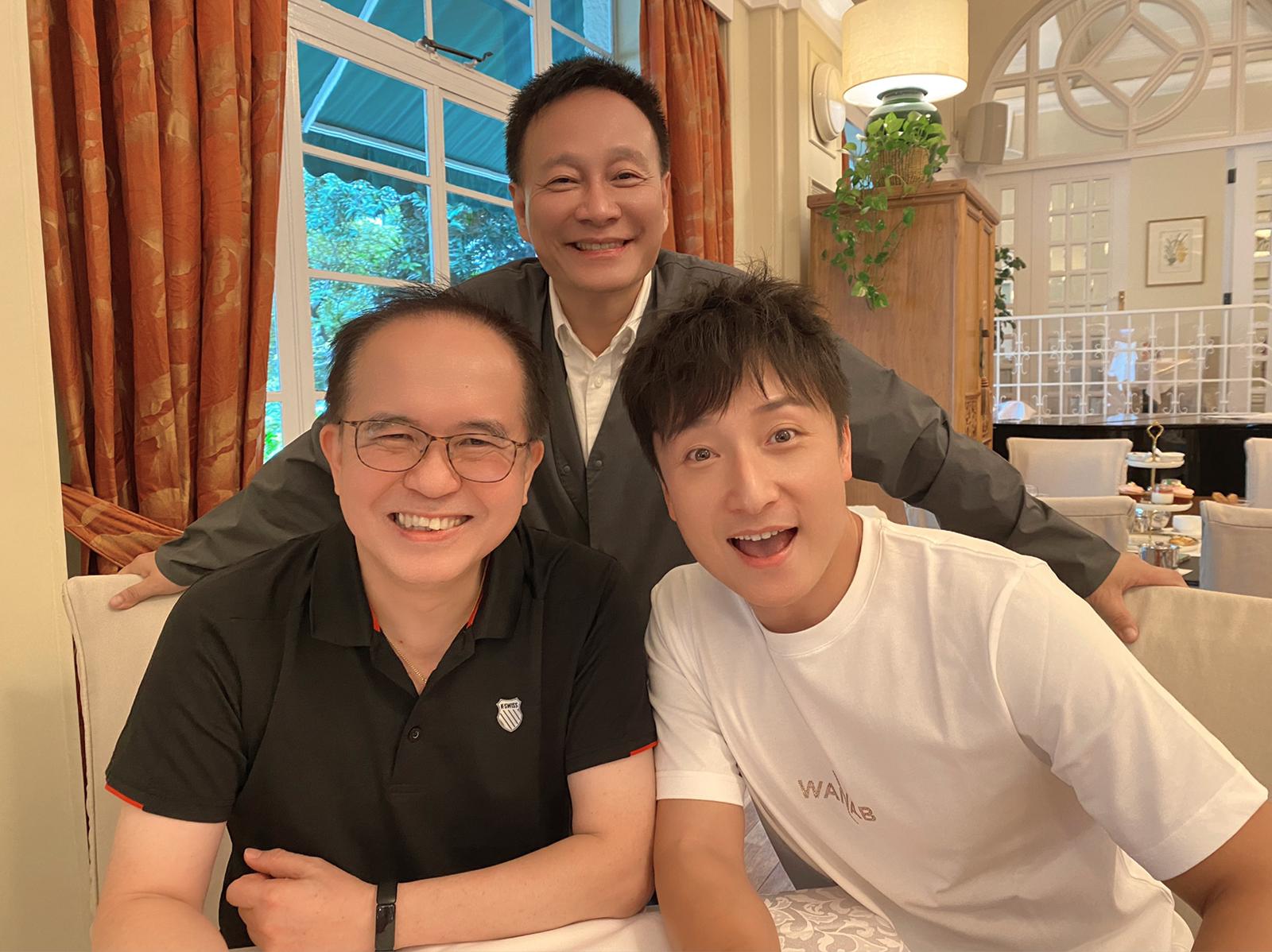
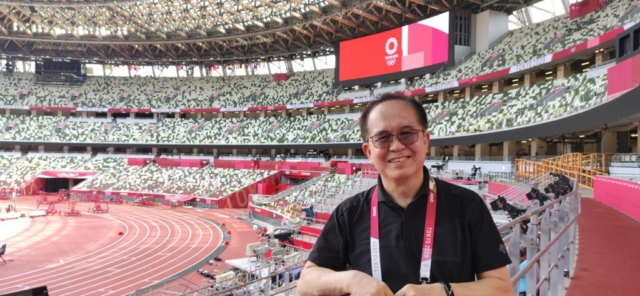
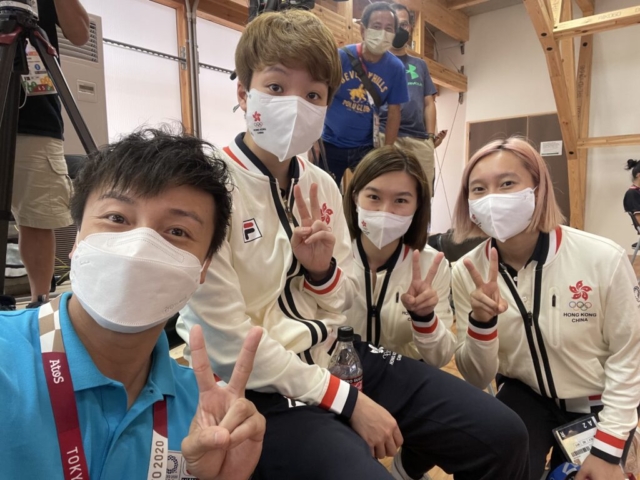
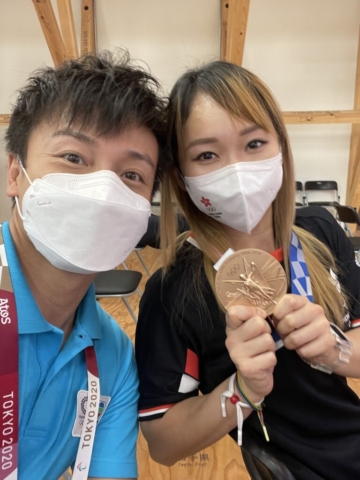
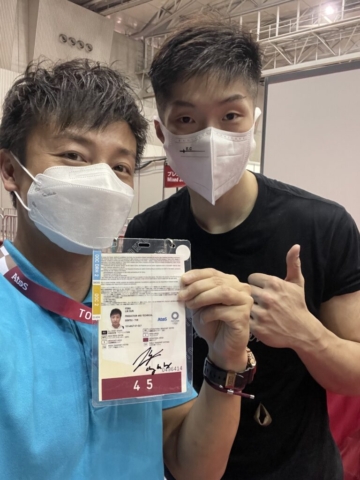
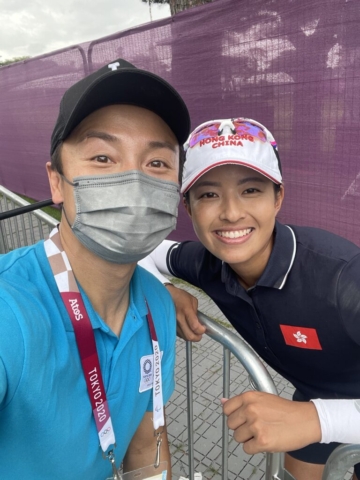
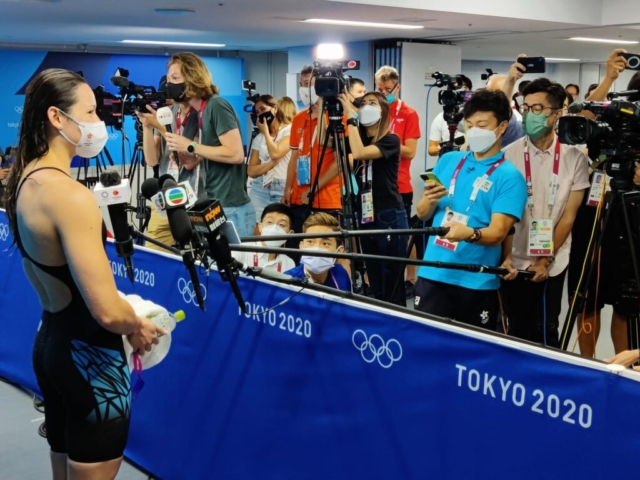
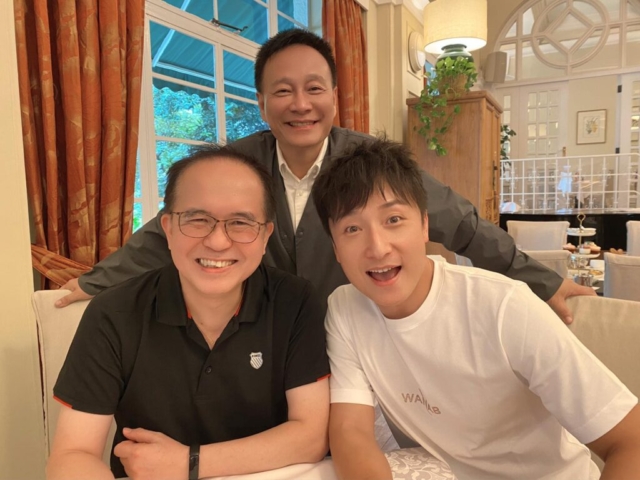
One response to “Cross-generational Chat Of Owen Chan & Alex Fong: How Much Do You Know About The 3 Types Of Sportscasters?”
[…] 英文版 English Version: https://hkartman.com/hkartman-blog-articles/sports/how-much-do-you-know-about-the-3-types-of-sportsc… […]